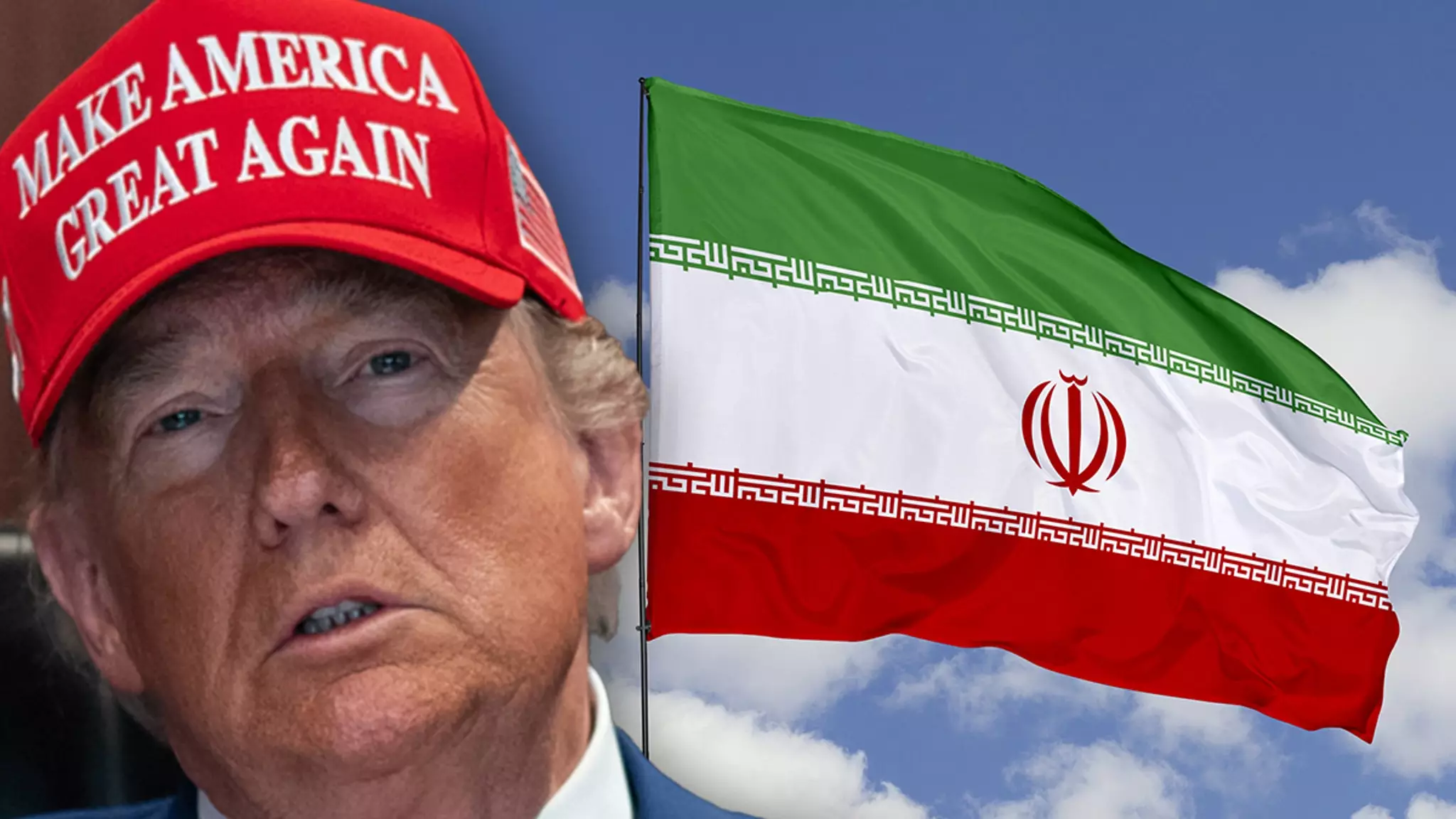In a surprising turn of events, former President Donald Trump has pivoted his focus from his notorious “America First” mantra to a provocative stance regarding Iran. This shift appears to indicate not only a change in his geopolitical strategy but also a bold invitation for upheaval in a nation led by the Ayatollah. The concept of “Regime Change,” a term notorious for its political baggage, has regained prominence under Trump’s narrative, illustrating his unyielding belief that substantial change is not only possible but necessary for Iran’s future.
Unpacking the Narrative
In recent social media posts, Trump has boldly suggested that the current political leaders in Iran have failed their people, prompting the question: why shouldn’t there be a regime change if they can’t “MAKE IRAN GREAT AGAIN”? He even introduced an acronym, MIGA, reminiscent of his original campaign slogan, which seems to serve as both a rallying call and a challenge. This rhetoric is not simply an offhand remark; it signifies a deeper ideological stance advocating for the Iranian populace to rise up against their leadership, inciting nationalist sentiments while also capitalizing on the familiar phraseology that resonates with his base.
Contrasting Perspectives on Military Action
Interestingly, Trump’s belligerent commentary diverged significantly from the official narrative presented by U.S. Defense officials. Secretary of Defense Pete Hegseth clarified during a Pentagon briefing that the recent military actions aimed at Iranian nuclear facilities were not designed to facilitate regime change. Trump’s vague insinuation of wanting to see a shake-up in leadership suggests a complicated, layered approach to U.S. foreign policy. Such disparities reflect the tumultuous landscape of American politics, where even within the same administration, there can be contrasting approaches and interpretations of mission objectives.
The Fantasies of Influence
While Trump’s words may ignite fervor among his supporters, the reality on the ground in Iran starkly contrasts with any hopeful vision he lays out; the oppressive regime has successfully suppressed dissent and emboldened its grip over the Iranian people. A significant cultural and social disconnect exists, rendering Trump’s declarations unlikely to resonate within Iran’s boundaries. The idea of potential regime change, while tantalizing to some observers, seems almost whimsical in a tightly controlled environment where freedom of expression is met with harsh reprisals.
Looking Ahead
Trump’s rhetoric raises fundamental questions about U.S. intentions in the region. With escalating tensions and a volatile political climate, what does pursuing a hypothetical regime change in Iran entail? Will it manifest as a genuine support for the Iranian people or will it pivot back into the realm of typical American interventionism, a pattern that has historically led to unintended consequences? Indeed, these considerations go beyond mere slogans; they demand a serious evaluation of foreign policy motives and their potential ramifications for the future of both the United States and Iran.
In the end, while Trump’s aspirations for a “Great Iran” may have an audience, the broader implications of such statements can’t be overlooked, as they underscore a complicated relationship between aspiration, power, and reality on the international stage.

Leave a Reply